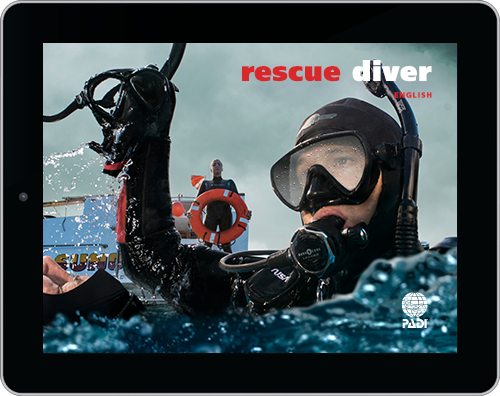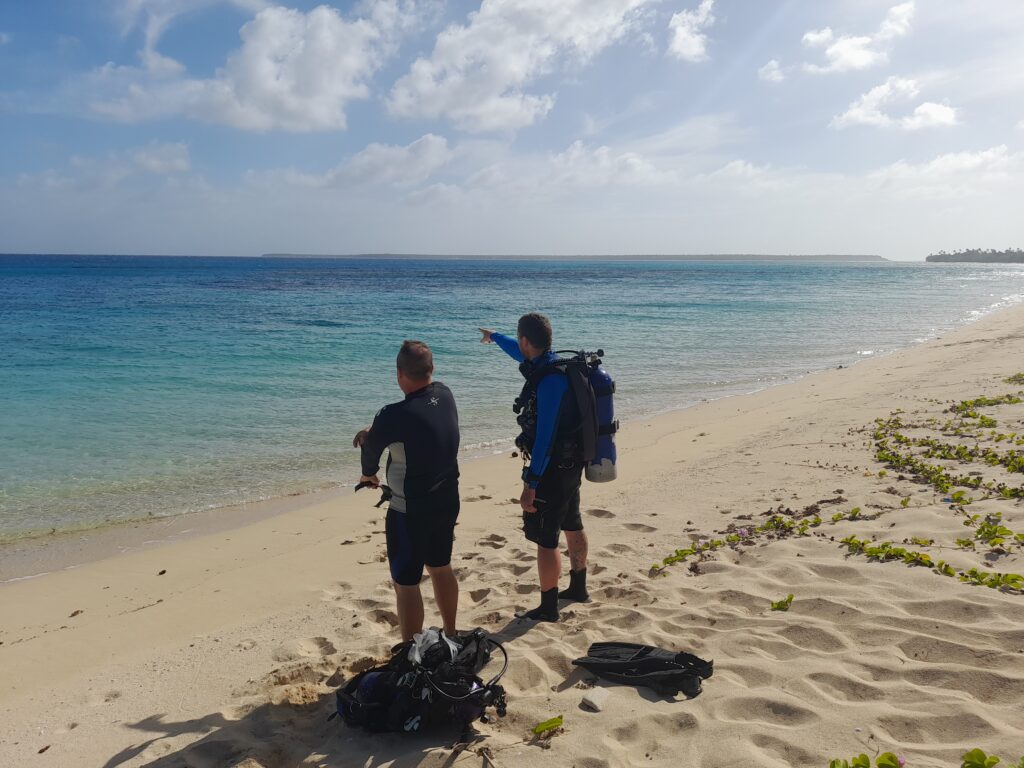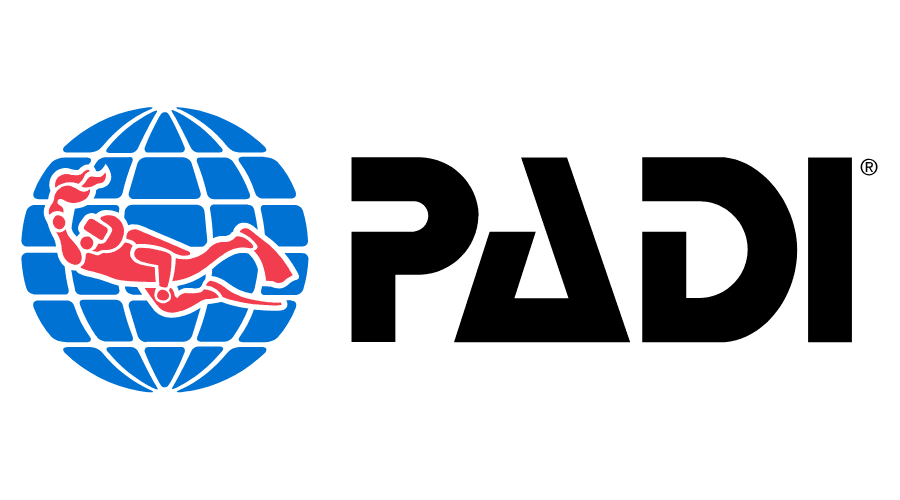PADI Rescue diver course

The PADI Rescue Diver Course will change your perspective whenever you go diving in the future. This course helps you to take a step back and assess scuba diving situations differently to help you make more informed decisions to protect yourself and other divers. Should a problem or emergency arise in your scuba diving journey, you will be equipped with the knowledge and techniques to assist professionals and keep everybody safe.
Prerequisites
- 12 years old
- PADI Advanced Open Water Diver or equivalent qualification from another agency
- Completion of medical statement
- Basic First Aid Certificate within 24 months (can complete Emergency First Responder course along side this course)
Course Overview
The PADI Rescue Diver Course is a course that all certified divers should eventually look to progress onto. It may sound like an intimidating course based on its name, however this is not the case.
This course is designed to be fun. In a controlled environment that is designed to change the way you think about dive preparation and the act of scuba diving more so than to make you an expert in military precision rescue skills.
Dive Theory
As part of the PADI Rescue Diver Course you will complete E-Learning self study. There are 5 Knowledge reviews and an exam to complete before certification. These knowledge reviews will guide you through what to expect from the confined and open water portions of the course. You will learn about all of the various techniques used to identify, diagnose and assist in diver emergencies that range from minor to major incidents.
Then at some point before the end of the course you will take an exam. This is usually best completed after you have done your confined water training to make sure that you fully understand why you are doing what you are doing.
Confined Water Training
Just like on your first scuba diving course, then PADI Open Water Diver Course, you will spend at least one day in confined water. This can be a swimming pool or a shallow shore dive to practice various rescue techniques for panicked divers, tired divers and the dreaded unconscious, non breathing diver! You will learn the proper ways to communicate with others and how to organize people in stressful situations.
Open Water Training
This is where you will put everything that you have learned so far together. You will have 2 scenarios to deal with in an Open Water environment either from a boat or the shore. This involves lots of play acting from us dive professionals to make the scenario as realistic as possible. You will have to use all over the techniques you have learned so far to assess the situations, organise a crew of people and bystanders and ultimately bring your victim to safety.

Emergency First Responder (EFR)
In order to take part in the PADI Rescue Diver Course you must hold a current basic first aid certificate that is valid within 24 months of the course start date. However if you do not have this then you can simply add an extra day to your course and complete the EFR course. This is a non diving basic first aid course that teaches you how to manage everything from cuts and scrapes to major heart attacks, strokes and CPR training.
This is an essential component of the PADI Rescue Diver course because it gives you the confidence to be able to administer basic first aid on land in everyday situations before you try doing the same in or underwater!
There is another set of knowledge reviews and an exam to complete for this as well as lots of scenarios and skill practice. It can be great fun if we have a good sized group and you will end up with the confidence you need to take into your in-water training.
What Can I Do With This Certification?
Congratulations, you now have the ability to become a role model on all of your future dive trips. You will look at every diving situation with a safety first perspective. Although this course does not permit you to go any deeper than you have previously been trained to, you will be way more confident in your abilities when scuba diving going forward.
You Are Responsible For Your Safety!
Now more than every in your scuba diving journey you will have the awareness of how important it is to behave in a responsible and prudent manor underwater. You will be looked at as the benchmark for recreational divers going forward and should behave accordingly when on your next dive trip.
Although you may have a guide with you most of the time they are responsible for showing you the best areas of a particular dive site. Your air supply, buddy contact and alertness to danger is still your job. I aim to leave you as a competent enough diver by the end of your course for you to make decisions for yourself based on keeping you and those around you safe.
